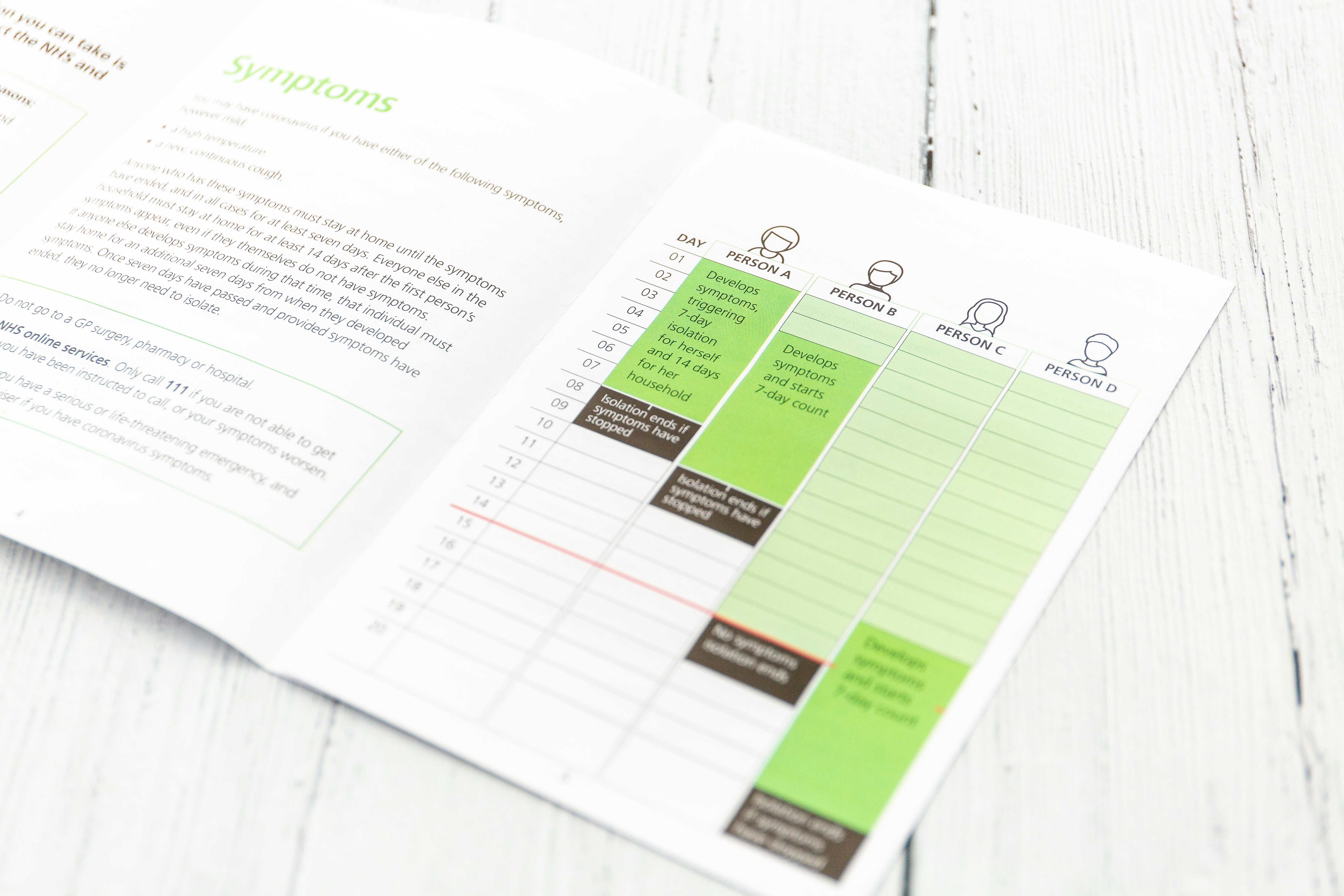← Back

How I Passed My Duolingo English Test (And How Preparation Changed My Life)
January 12, 2025 | growth
I still remember the night before my Duolingo English Test.
My desk was a mess of notes, my hands were sweaty, and my brain kept repeating the same thought:
“What if I fail?”
It wasn’t just about the score. For me, passing this test felt like a gateway to something bigger — opportunities, studies, maybe even a different future. And that’s what made the pressure almost unbearable.
But looking back, the Duolingo English Test wasn’t just about English. It taught me one of the most powerful lessons of my life: success is built on preparation.
In this post, I want to share not just how I passed my test, but how preparing for it changed the way I approach everything in life — from work to relationships to personal growth.
🧠 Part 1: The Moment I Realized “Winging It” Doesn’t Work
Before the Duolingo English Test, I was the type of person who often relied on last-minute cramming. High school exams? I’d stay up all night. Presentations? I’d throw slides together the morning of.
Sometimes it worked. Sometimes I got lucky. But deep down, I knew I wasn’t really prepared — I was just gambling.
The Duolingo test exposed that habit. During my first practice session, I froze. The speaking questions caught me off guard. The listening part went too fast. I thought my English was “good enough,” but the structure of the test showed me exactly where I was weak.
That was the wake-up call. For once, I couldn’t just “wing it.” If I wanted to pass, I had to face my weaknesses head-on and prepare properly.
📚 Part 2: Building My Test Strategy
1. Daily Practice Over Cramming
Instead of studying for 5 hours in a panic, I broke it into 30-45 minutes every day. It felt less overwhelming, and more importantly, it stuck.
2. Understanding the Format
The test wasn’t just about English — it was about handling the format:
Reading aloud quickly.
Listening to short clips only once.
Writing short essays under time pressure.
Practicing these formats made the test feel less scary.
3. Recording Myself Speaking
This was uncomfortable at first. Nobody likes hearing their own voice. But listening back helped me notice habits: speaking too fast, pausing awkwardly, or repeating filler words. Over time, I improved fluency and confidence.
4. Mock Tests = Confidence Boost
I found online sample questions and timed myself. The first few times I panicked, but by the fifth or sixth mock test, I was calmer. I knew what to expect.
😰 Part 3: The Stress Factor (and What I Did About It)
Even with preparation, the stress didn’t magically disappear. The pressure of “this test matters” was real.
Here’s what helped me stay calm:
Breathing exercises before starting. Sounds cliché, but it worked.
Good sleep the night before. A tired brain makes careless mistakes.
A clean desk with only what I needed: laptop, water, ID.
What surprised me was how much these small details mattered. A messy environment or restless night made me twice as nervous.
🏋️ Part 4: The Day of the Test
I won’t lie — I was still nervous when I logged in. But something was different: this time, I felt ready.
I had practiced every type of question. I knew how to pace myself. I had already failed in practice enough times to know that mistakes weren’t the end.
When the real test started, my nerves slowly gave way to focus. And when I clicked submit, I didn’t feel empty or scared. I felt proud, because I knew I had actually prepared.
A few days later, when the results came in — and I had passed — I realized something bigger: it wasn’t just the English that got me through. It was the process of preparation itself.
🌍 Part 5: Preparation as a Life Skill
Passing the Duolingo English Test was great, but what it really gave me was a new mindset. I started seeing “preparation” as a universal skill, not just something for exams.
Here’s where it changed me:
1. Job Interviews
I used to show up and hope for the best. Now, I prepare like I did for the test — rehearse answers, research the company, even do practice interviews with friends.
2. Public Speaking
Recording myself wasn’t just good for English. It made me better at presentations, too. I learned to hear myself, refine my words, and manage my pacing.
3. Everyday Challenges
Even small things, like cooking a new recipe or fixing something at home — preparation makes it smoother. Reading instructions first saves a lot of stress.
4. Mental Resilience
Preparation doesn’t remove fear. But it reduces the unknown, and that’s what makes challenges less overwhelming.
🧩 Part 6: What Preparation Really Means
When people hear “prepare,” they think of endless study or boring routines. But preparation, I learned, is actually about respecting yourself enough to set yourself up for success.
It means:
Taking small steps today so tomorrow is easier.
Breaking down big goals into smaller tasks.
Practicing, failing, and adjusting before it matters.
Preparation isn’t about being perfect. It’s about giving yourself a fair chance.
🚀 Part 7: How You Can Prepare (For Tests and Life)
Here are some simple habits I took from the Duolingo experience that anyone can use:
Make it daily, not last-minute. Even 20 minutes a day beats 5 hours of cramming.
Simulate the real thing. Practice under the same conditions you’ll face.
Record yourself. Whether it’s speaking or presenting, hearing yourself is a game-changer.
Take care of your body. Sleep, food, and breaks are part of preparation.
Review mistakes, don’t fear them. Each failure is a map showing you where to improve.

✅ Conclusion: More Than Just a Test
Yes, I passed my Duolingo English Test. But if I’m honest, the score isn’t the most important thing I got from it.
What mattered most was the shift in mindset: I stopped being someone who just “winged it,” and became someone who respects preparation.
Because in life, we’re always facing new “tests” — maybe not on a computer, but in conversations, challenges, opportunities, and risks.
And the truth is this: preparation won’t remove every difficulty, but it will always make you stronger.
So if you’re reading this and you have a test coming up — whether it’s academic, professional, or just life itself — don’t just hope for the best. Prepare. Your future self will thank you.

